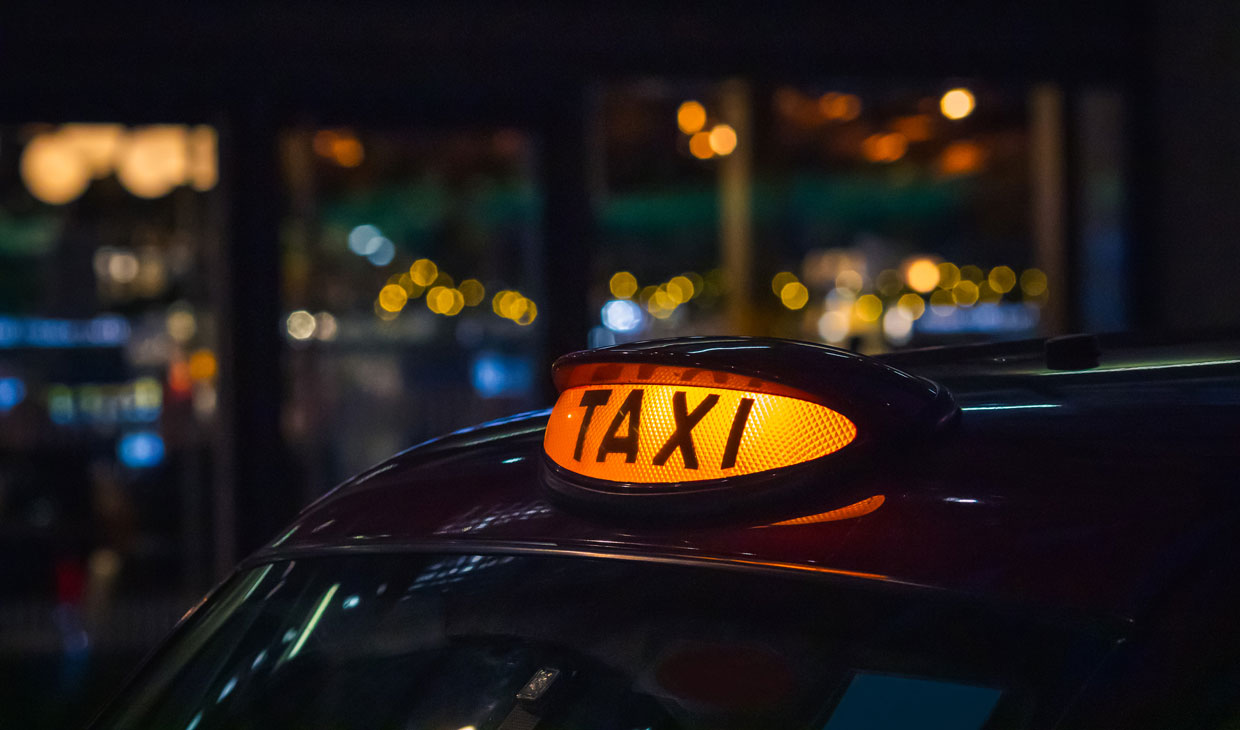“Spiking” is when someone is given alcohol or drugs without their consent. Being spiked is never the fault of the victim. Often we think of spiking as the adding of drugs to a drink, and more recently spiking by injection, however spiking can also take the form of things like giving someone a different drug to the one they consented to taking or adding additional alcohol to drinks.
Spiking may be for malicious purposes (e.g., to cause fear or make someone more vulnerable to another crime, particularly sexual assault) or non-malicious but equally dangerous purposes (e.g., to make someone have “more fun”).
Whatever the motivation, administering drugs or alcohol, especially for sexual purposes, is a criminal offence and punishable by law. Our university takes such incidents very seriously and will investigate any complaints of spiking made under our Code of Student Discipline or our Staff Disciplinary Procedure (Ordinance 68, Part 2, Schedule 2).
We continue to proactively work with our partners to improve safety for students and staff in venues across Stirling, and promote healthy relationships and consent to students via our Don’t be a bystander, be a friend module. We strongly encourage all students to take this module during their first year at University.

